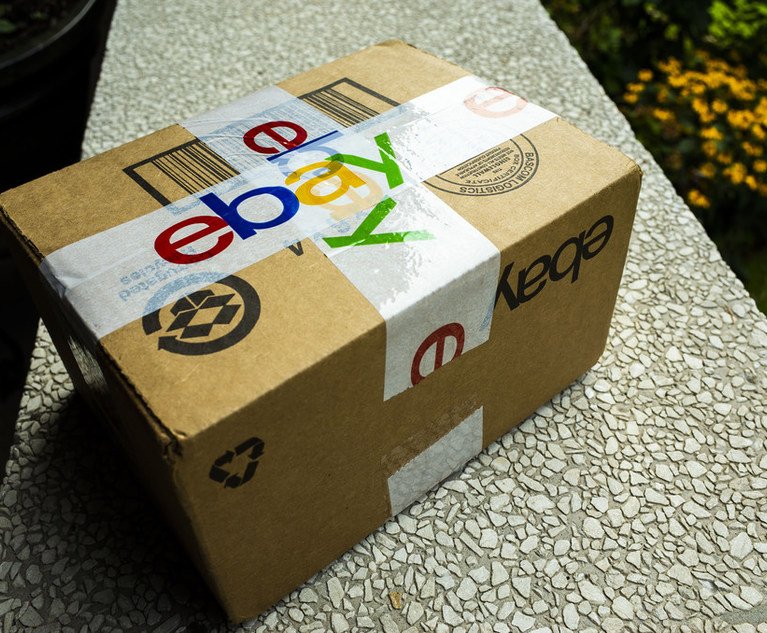In 2006, e-cigarettes were introduced to the U.S. market as an alternative to the traditional combustible cigarette. For the next 10 years, the vape industry faced virtually no product liability lawsuits, other than a number of cases involving exploding vape devices. Since 2018, however, litigation against vape product manufacturers and distributors has proliferated. Leading vape manufacturer, JUUL Labs, now faces hundreds of lawsuits, filed in both federal and state courts throughout the country. The federal actions are so numerous that they have been consolidated into a multi-district litigation in the U.S. District Court for the Northern District of California. Similarly, California has consolidated in Los Angeles County Superior Court the dozens of cases filed against JUUL in that state.
To date, most of these cases primarily make claims related to nicotine addiction, particularly among youth, alleging several bases of liability, including allegations that JUUL:
- Targeted youth with its marketing practices and use of flavorings
- Failed to warn of the use of nicotine salts, a form of nicotine alleged to be more addictive than the “freebase” form found in typical e-cigarettes
- Mislabeled the dosage of nicotine contained in its product
- Marketed its product as a safer alternative to smoking, without a basis for this claim
- Defectively designed its product by failing to limit the amount of nicotine delivered to the user resulting in a product that poses risks of abuse, addiction, and, in youth, long-term neurological damage


 Photo: Hazem.M.Kamal/Shutterstock.com
Photo: Hazem.M.Kamal/Shutterstock.com




